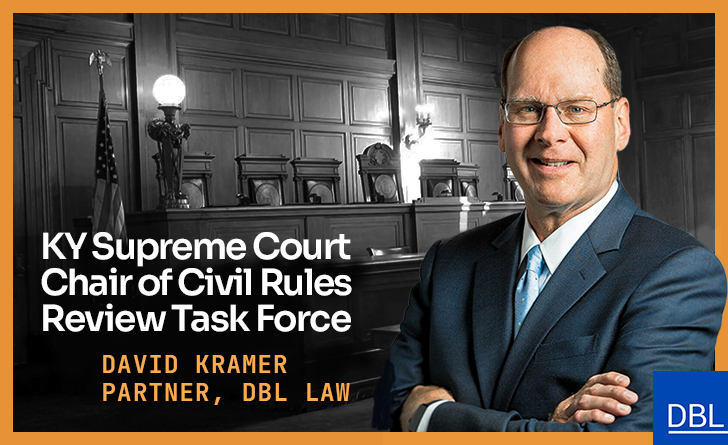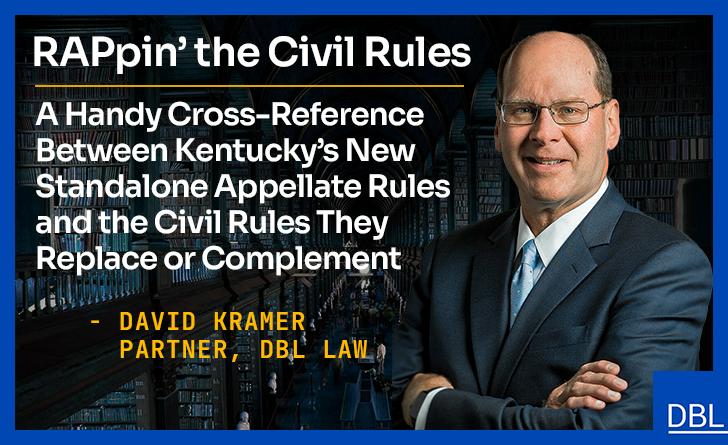In Forcht v. Forcht Bank, N.A., , 2013-CA-1433 (6/23/17), the Kentucky Court of Appeals in a decision by Judge Nickell (joined by Chief Judge Kramer and Judge Dixon) held that a plaintiff who brings a claim of intentional infliction of emotional distress (“IIED”), also known as the tort of outrage, must present medical or other expert testimony of “a severe or serious emotional injury, i.e., one a reasonable person, normally constituted, would not be expected to endure.”
The plaintiff in Forcht asserted that the Kentucky Supreme Court’s decision outlining the necessary elements of an emotional distress claim in Osborne v. Keeney, 399 S.W.3d 1 (Ky. 2012), including medical or scientific evidence of severe injury, should apply only to negligent infliction of emotional distress (“NIED”) claims, not IIED/outrage claims. This argument noted that Osborne had cited a 1996 Tennessee Supreme Court decision as partial authority for the decision, and that this distinction between IIED and NIED claims had developed in Tennessee case law (albeit in a 1999 case, 13 years before the Osborne decision was rendered). The Court of Appeals disagreed and noted that Osborne made no such distinction.
The Forcht case is not yet final but was designated for publication in the South Western Reporter. Decisions that are not final should not be cited as legal authority in Kentucky.
David Kramer is a Partner in the law firm of Dressman Benzinger LaVelle psc, with offices in Cincinnati, Ohio, Crestview Hills, Kentucky, and Louisville, Kentucky.



